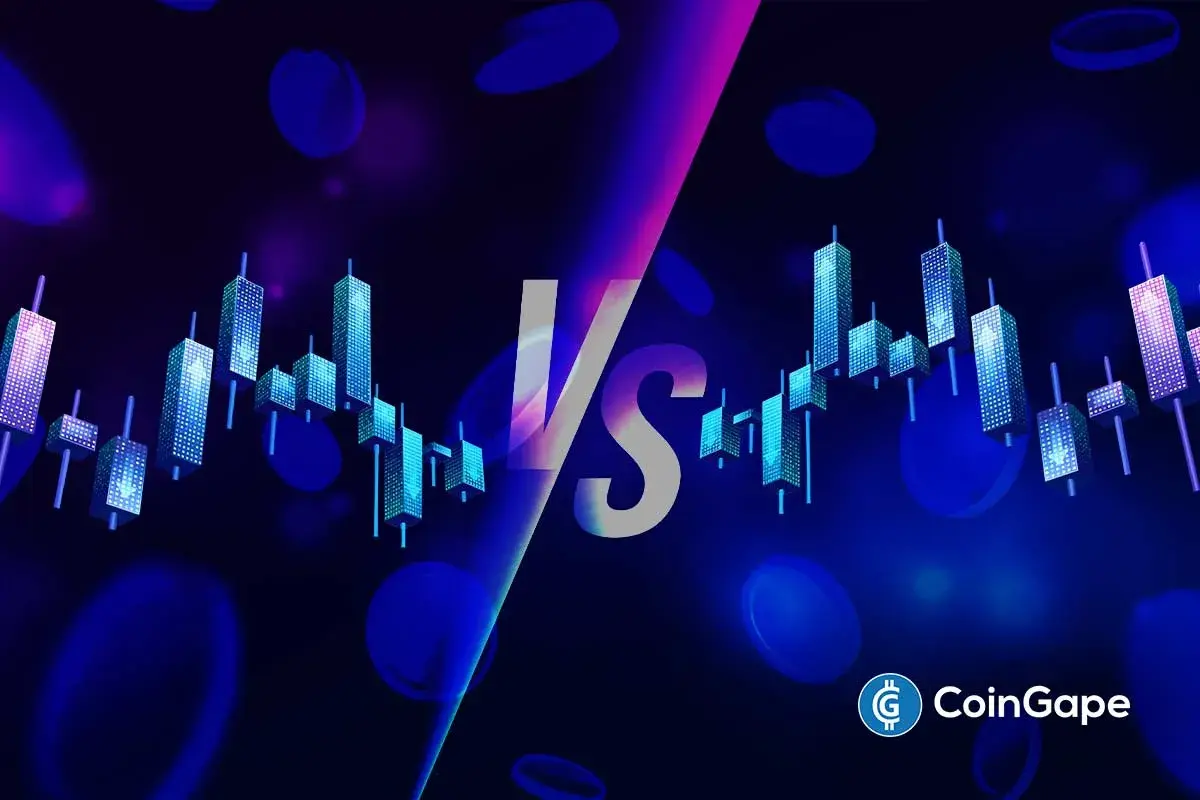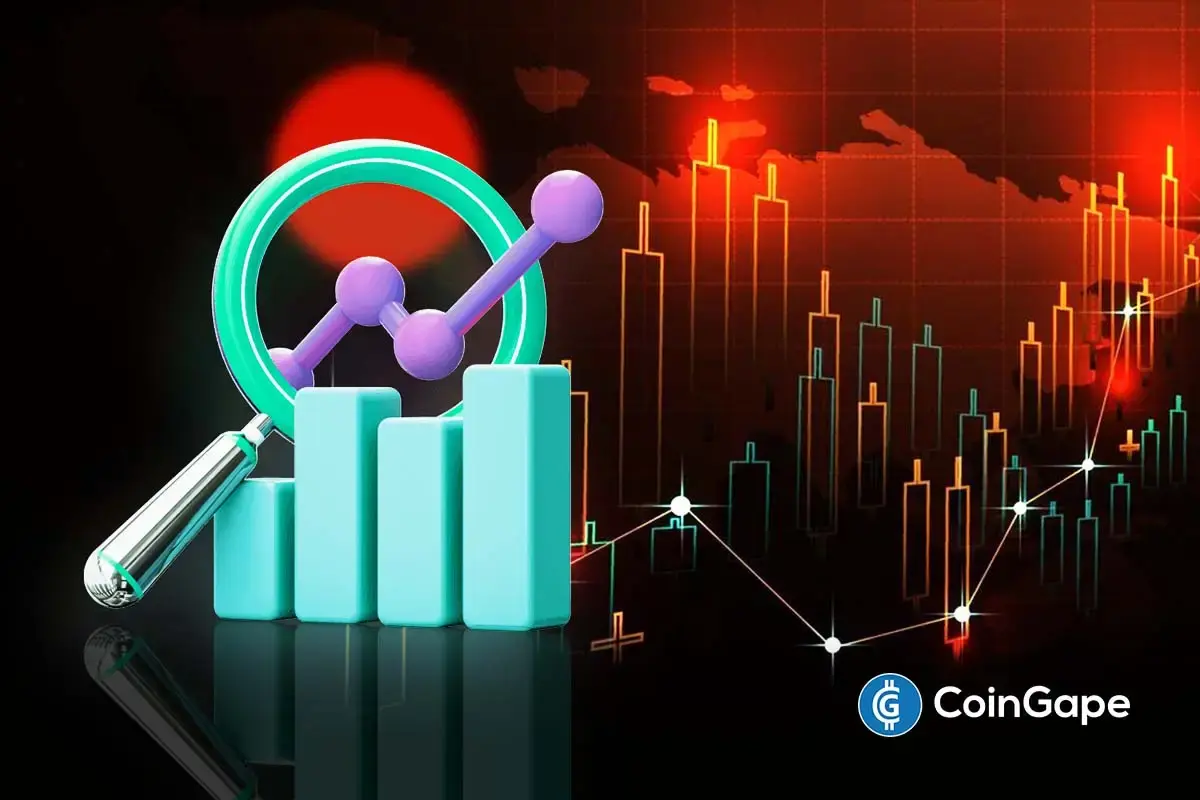Automated Market Makers (AMM) are considered an integral part of the cryptocurrency world by some. Why? You ask? This is because AMMs support decentralisation, which is considered to be one of the basic principles of cryptocurrency. This system supplements trading by streamlining digital assets. Hence, their role is crucial in conducting transactions.
They also eliminate the need for any centralised authorities involved in the exchange. In other words, they allow the users to conduct transactions without any intermediary facilitating them. The said quality differs AMMs from conventional exchanges that use order books. Hence making crypto trading strategies transparent and trustworthy.
This brings us to another important aspect of the system, i.e., accessibility. Anyone with a decent internet connection and a compatible wallet can use this system.
What are Automated Market Makers?
Automated Market Makers can be defined as contract-based algorithms supplementing the exchange of virtual assets. However, these exchanges function in a decentralised manner. They eliminate the use of order books to match traders between the buyers and sellers.
They are also regarded as liquidity providers. Liquidity here means effortless and seamless exchange. It is done by taking out the middleman, which is the centralised exchange. By using AMMs, professional traders provide liquidity by providing numerous buy/sell orders to match the person’s retail needs.
How are AMMs different?
Decentralized Exchanges (DEX) encompass various options, AMMs being one. In simpler terms, it is a computer program that automates the process of providing liquidity. It uses a smart function, which is a computer code capable of self-execution. The program uses mathematics to determine the price of crypto tokens and provide liquidity. So, one does not need another trader to execute a trade. The exchanges are from peer-to-contract instead of peer-to-peer.
As mentioned earlier, it provides ease of trading as anyone can be a liquidity provider if they meet the contract’s requirements. To be eligible, one needs to deposit a predetermined amount of tokens. The liquidity provider can pay fees from trades in their pool.
Why do investors need AMM?
The Automated Market Makers aid in setting up a system of liquidity where anyone can contribute to the pool. This can benefit investors by reducing transaction fees. The increase in liquidity is directly proportional to the ease of trading. Similarly, low liquidity can fuel up the volatility in the market by changing the price of assets.
The AMMs also benefit the liquidity provider, as they get a fraction of the fees paid on transactions in the pool.
What are the disadvantages of AMM?
Besides the benefits, AMMs have certain drawbacks as well. For instance, investors can incur losses caused by price slippage. Adding to the problems, AMMs can be exploited by hackers. Furthermore, unlike the centralised exchanges, they don’t have access to the full range of markets. In comparison with the centralised exchanges, they often have less liquidity. All of these complex technicalities of AMM may repulse users with limited technical knowledge.











